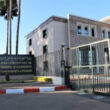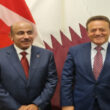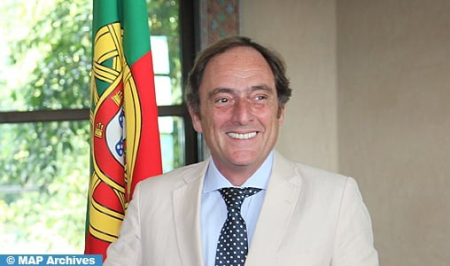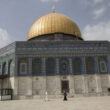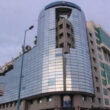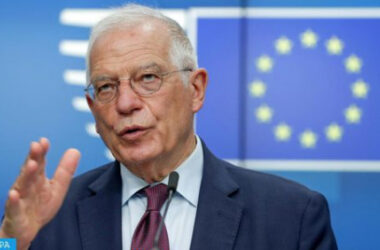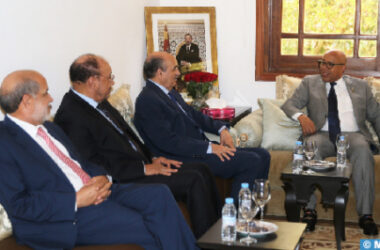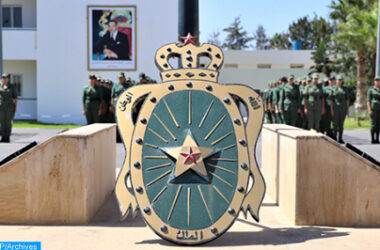Interviewed by MAP, Portas stressed that Morocco, under the leadership of His Majesty the King, is undergoing profound changes at all levels, whether political, social or economic.
The post-2011-Constitution phase has been marked by successive electoral periods that have led to the formation of governments of different political hues, without giving rise to objections or protests, which is “a rare case in today’s world,” he noted.
Portas, who has also served as Deputy Prime Minister and Minister of Defense, also spoke of the “expansion of the prerogatives of the Moroccan Parliament,” accompanied by a diversity of the political landscape that “makes Morocco an example of stability within the framework of democracy.”
He also praised the Kingdom’s pioneering social reforms over the past two decades, notably the 2004 reform of the Family Code, as well as the generalization of healthcare, “a very rare initiative on the African continent and in neighboring countries.”
Portas also highlighted the major infrastructure and equipment projects launched in Morocco, as well as the role of HM the King in building a new Morocco and promoting the Kingdom’s influence throughout the world.
He cited achievements such as the Tanger Med port, the high-speed rail link and the redevelopment of several major cities, led by the capital Rabat, as “the most eloquent example of the great work being done in Morocco under the sovereign’s leadership.”



